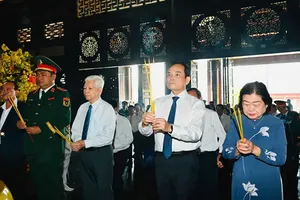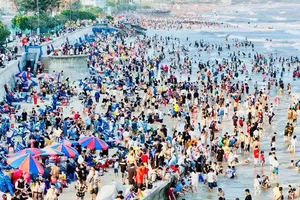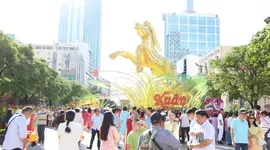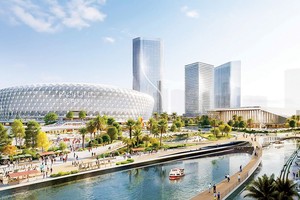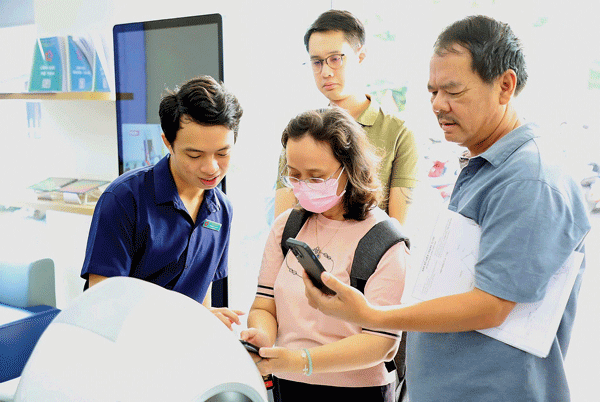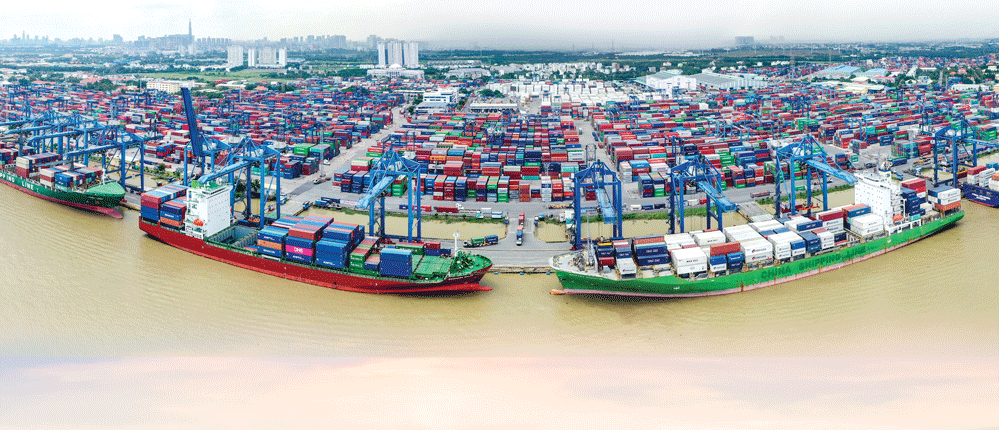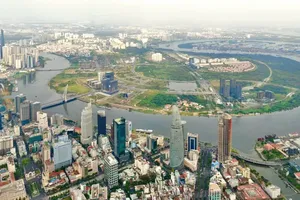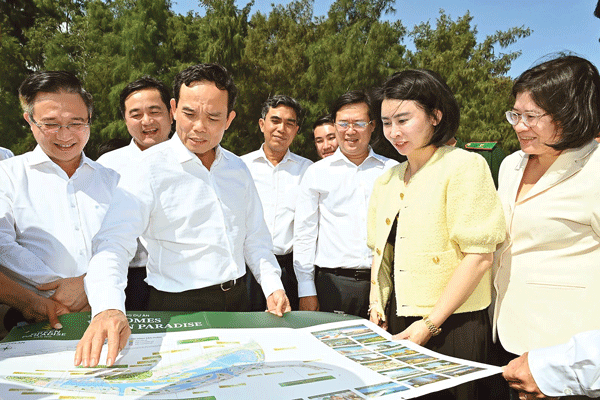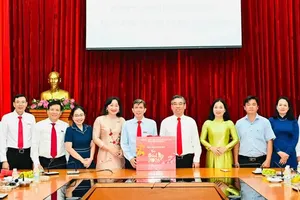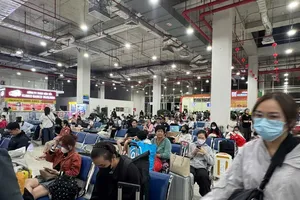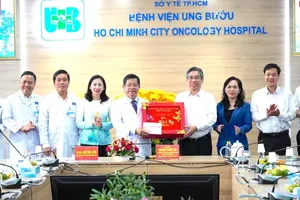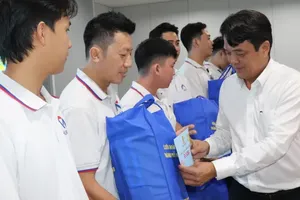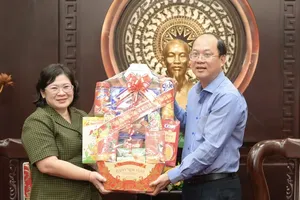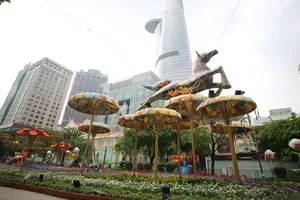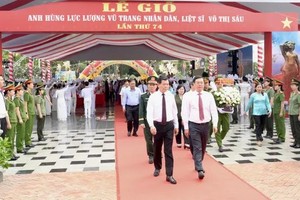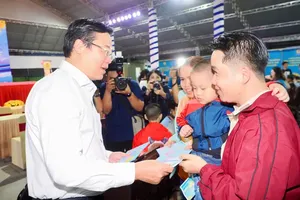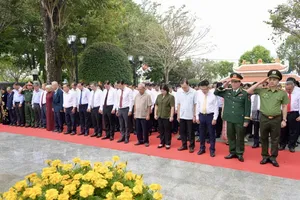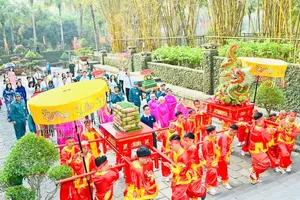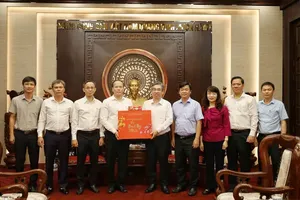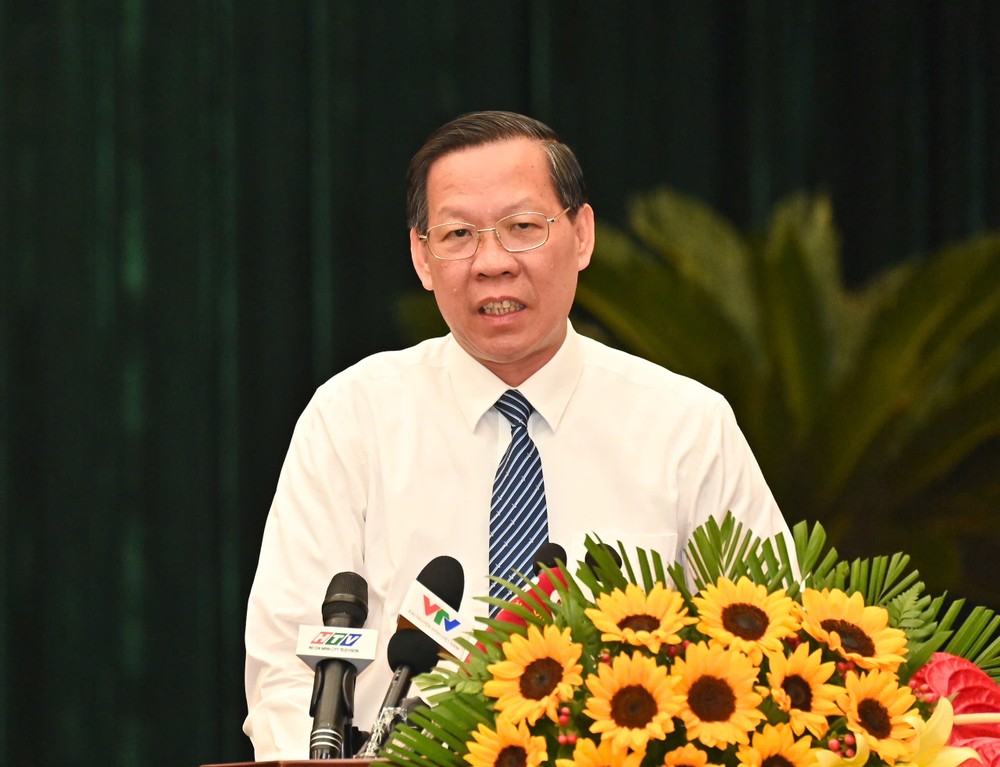
This initiative was presented on November 14 at the 19th session of the HCMC People's Council, where Vice Chairman Vo Van Hoan outlined a proposal to establish criteria for controlled testing of new technological solutions within the city’s high-tech and information technology zones. The proposal is part of implementing National Assembly Resolution 98/2023/QH15.
HCMC is moving quickly to support and regulate the fourth industrial revolution, fostering innovation in products, technology, services, and business models. However, the lack of legal frameworks poses risks for commercializing new technologies. As a response, the city aims to develop a system to both encourage product/service innovation and minimize risks during market entry.
Known for its forward-thinking approach, HCMC seeks to strengthen its innovation ecosystem, with initiatives in science and technology contributing significantly to its overall economic productivity, evidenced by a high average Total Factor Productivity (TFP) rate of 35.62 percent—with 74 percent of TFP growth driven by science and technology.
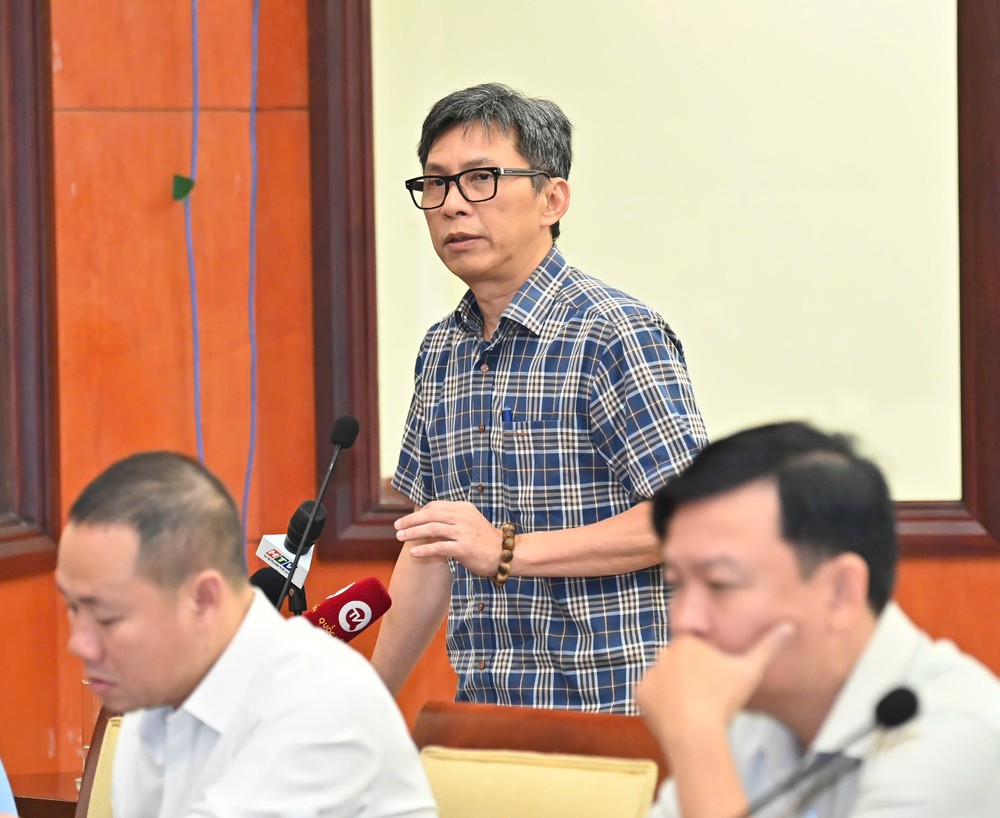
Science and technology, particularly new and advanced technologies, are playing a vital role in the city’s gross regional domestic product growth. Controlled testing of innovative technology is seen as essential for advancing scientific and technological development, as well as fostering long-term economic growth and quality. To this end, the city has proposed policies to facilitate testing for new technological solutions, creating an environment for testing and refining legal frameworks based on successful trials.
HCMC has identified SHTP as the testing ground for UAVs, with Quang Trung Software City and the SHTP designated for self-driving vehicle trials. The UAVs being tested are equipped with wingspans ranging from 400 to 1,570 mm and weigh up to 70 kg. These drones can reach speeds up to 100 km/h, climb and descend at 60 km/h, and cruise at 80 km/h, while flying below 200 meters.
Self-driving vehicles undergoing trials will operate at speeds up to 20 km/h, restricted to designated test areas. Each vehicle must have a remote-control interface displaying key journey information, such as travel mode, time, battery voltage, satellite connectivity, speed, movement zone, and a monitoring screen.
Both UAVs and self-driving vehicles will be tested daily from 7 a.m. to 5 p.m., contingent on favorable weather conditions (clear or light rain, with wind speeds below 10 m/s).
During the session, council members raised questions about funding for the trials and technical standards for the vehicles involved. Some suggested that overly detailed specifications could hinder policy flexibility and recommended allowing for nighttime trials to test UAVs equipped with night-flying capabilities.
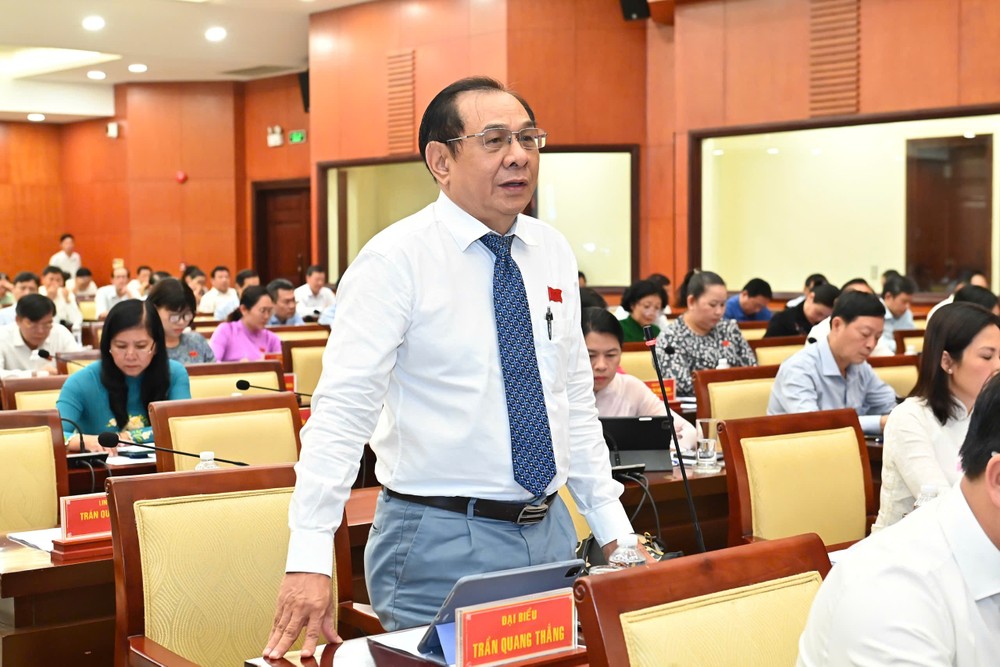
Mr. Nguyen Viet Dung, Director of HCMC’s Department of Science and Technology, explained that the technical conditions were established based on international UAV and autonomous vehicle standards, and were refined with input from businesses and experts in these fields. He assured that the specifications were appropriate for trial conditions.
HCMC People’s Committee Chairman Phan Van Mai emphasized that controlled trials are a critical step, as the city has proactively sought special mechanisms and policies under Resolution 98 to lead in controlled technology testing. HCMC has coordinated with central agencies to pioneer this initiative, and local scientists and businesses also support the city’s leadership role in controlled testing.
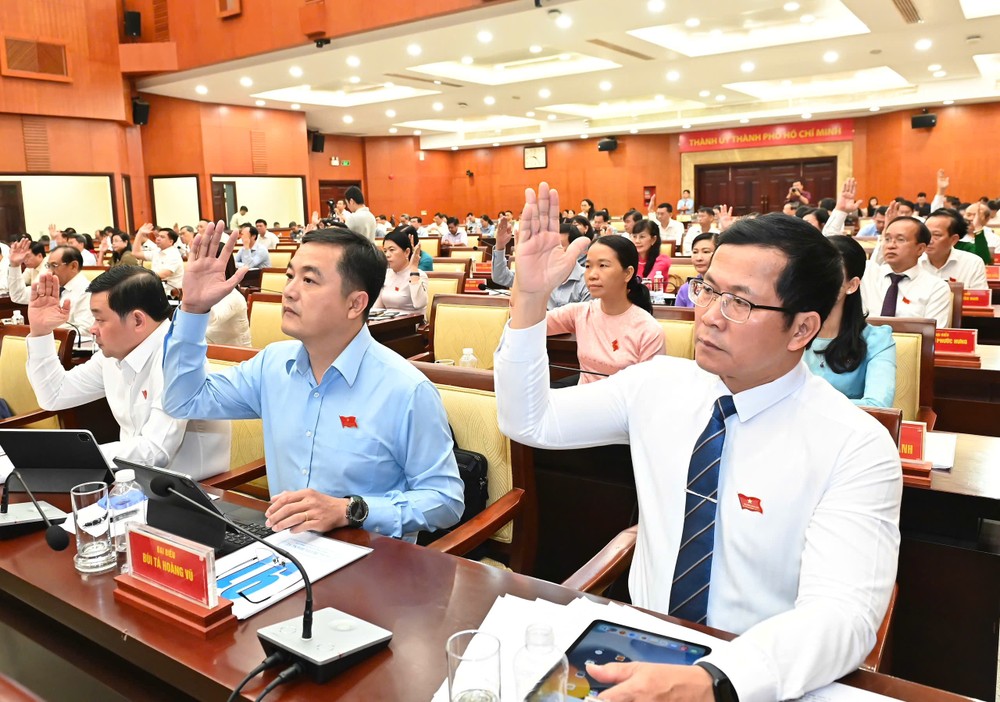
Chairman Phan Van Mai also highlighted a recent statement from Politburo Member To Lam at the 14th National Party Congress's working session with the Sub-Committee for Socio-Economic Affairs, where he stressed that science and technology should be the foundation for innovation-driven growth. To achieve this, it is essential to invest in and accept risks associated with scientific and technological development.
Following discussions, the People's Council of HCMC voted to approve the draft resolution.
